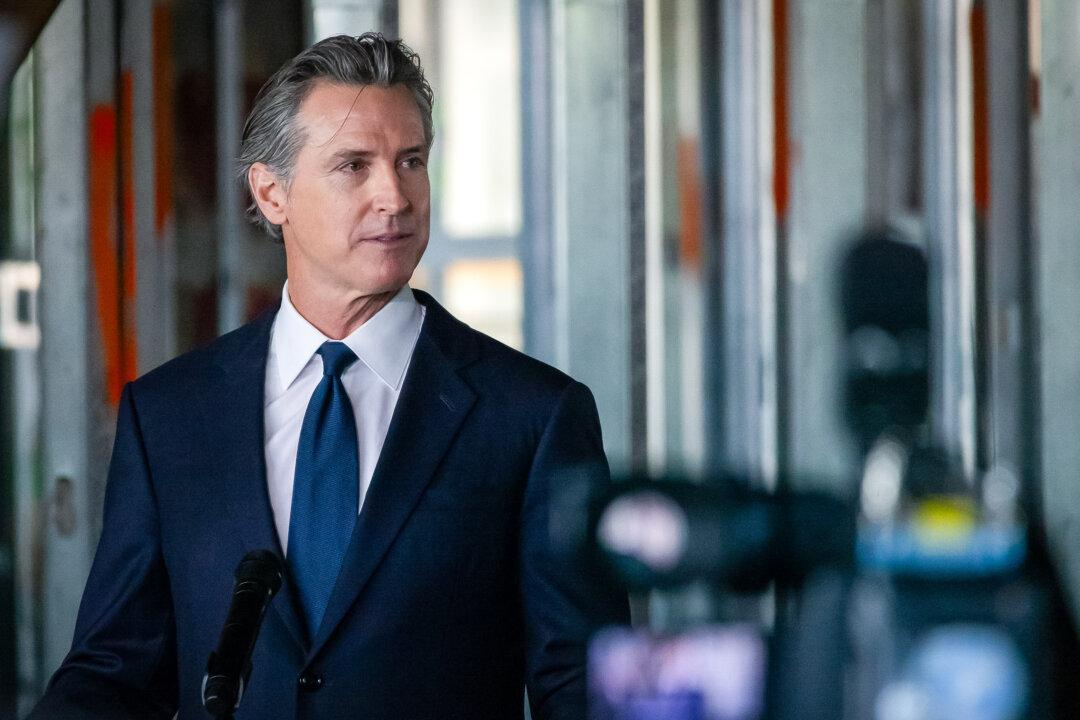With controversy surrounding exemptions granted to certain restaurants regarding the state’s new fast food minimum wage law, lawmakers passed another bill March 18 that will grant more exemptions if California Gov. Gavin Newsom signs the measure into law.
At issue is Assembly Bill 610 which would exempt restaurants located in certain venues—including theme parks, airports, and stadiums, among others—from the $20 per hour minimum wage set to take effect April 1.





